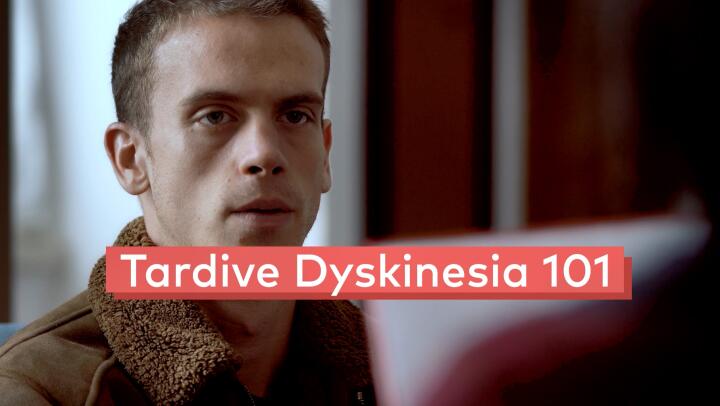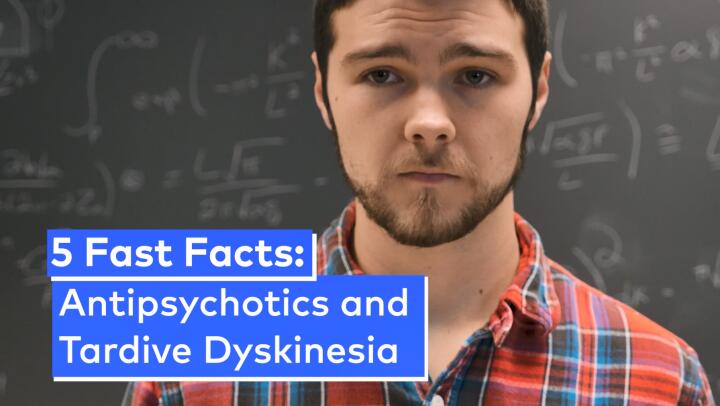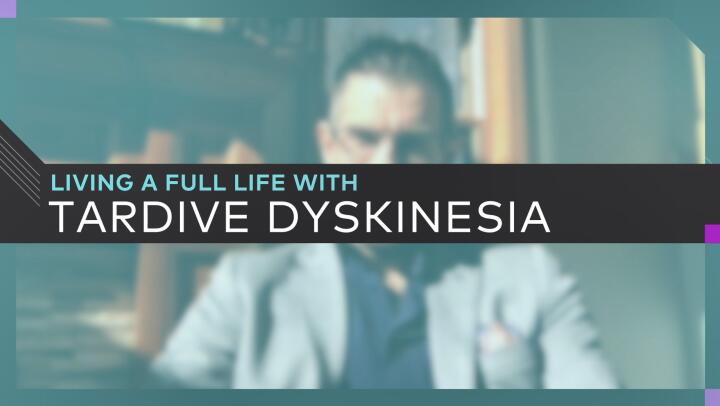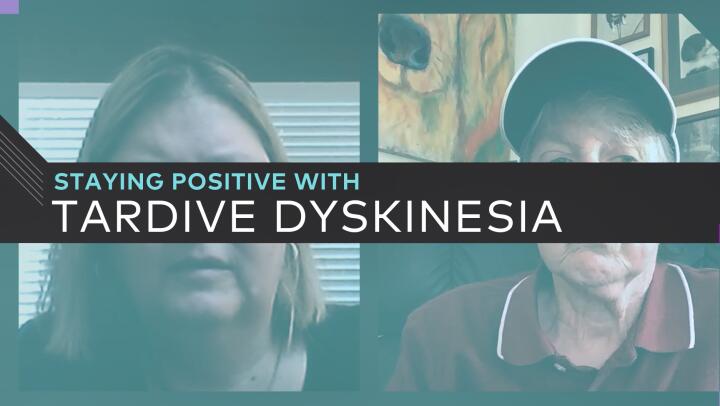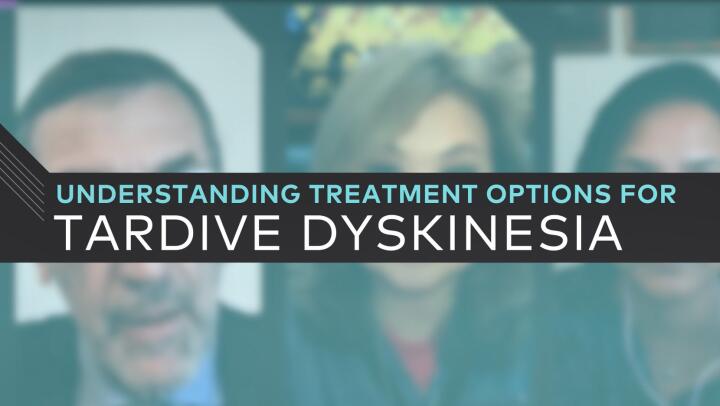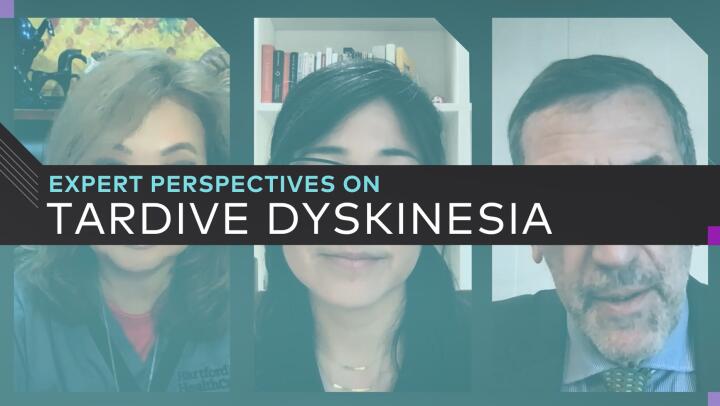
Despite a growing understanding, there is still a stigma surrounding mental illnesses. Robert Cotes, MD, sheds some light on one of the most debilitating mental disorders, schizophrenia.
Q: What is schizophrenia?
A: Schizophrenia is a chronic, severe brain disorder that interferes with a person’s ability to think clearly, make decisions and relate to others. It affects about 1% of the population. Schizophrenia involves episodes of psychosis, which means a loss of contact with reality. It is characterized by hearing voices others don’t hear or having false, fixed beliefs, called delusions. One example of a delusion is believing that people are plotting to harm you. It’s a lifelong condition, most often diagnosed in men in their early 20s, and women in their late 20s.
Q: How is schizophrenia diagnosed?
A: Unfortunately, there is not a single test currently available that can make a definitive schizophrenia diagnosis. What we typically do first is clinically interview the patient. We use the criteria in the Diagnostic and Statistical Manual of Mental Disorders (or DSM) to make the diagnosis -- which has specific symptom requirements. An individual with schizophrenia must have a change in functioning for a total of six months. It must also be established that the symptoms are not caused by a medical condition (such as a seizure disorder or meningitis) or by substance abuse. However, schizophrenia can often go hand-in-hand with substance abuse.
Q: What are the symptoms?
A: There a number of symptoms when it comes to schizophrenia, and most often, it’ll be a combination of three types: positive, negative or cognitive.
Positive symptoms are generally not seen in people without schizophrenia, and will often come and go. These are the symptoms that are most often portrayed on TV for individuals with schizophrenia–the hallucinations, in which an individual can hear, see, or smell things that don’t exist. Hearing voices is the most common hallucination. Delusions, characterized by false, fixed beliefs, are another example of a positive symptom. A person might think he or she is famous, or feel like someone is out to harm him or her. Some are even convinced that a major catastrophe is about to occur. Individuals will continue to believe these delusions, no matter what evidence there is to the contrary.
Negative symptoms, on the other hand, will often obstruct an individual’s functioning. They include anhedonia (inability to feel pleasure from normally enjoyable activities), lack of interest in everyday activities, social withdrawal, and a flat affect–lacking emotion, not making eye contact, not changing facial expressions, and speaking with a monotone voice. These negative symptoms are usually more persistent and sustained than positive symptoms, and are sometimes mistaken for depression.
Individuals with schizophrenia usually also have what we call cognitive symptoms, characterized by trouble focusing, planning ahead and executing normal activities. Communication may be impaired as well, and answers to questions are often completely unrelated. There are also physical traits that can include odd or inappropriate posture, and excessive or unnecessary movement.
Q: How is schizophrenia treated?
A: Schizophrenia is a chronic lifelong condition and has no cure. Fortunately, we do have a number of effective treatments that focus on reducing or eliminating the symptoms of the illness. Like many physical or mental health conditions, getting treatment immediately can have a huge impact on the progression of the disorder. In terms of medication, antipsychotic medications are currently the mainstay, which can be quite helpful in alleviating the positive symptoms of schizophrenia. These are either taken daily orally or taken in an injection form, which is given every two or four weeks. If taken regularly, the antipsychotics should reduce, if not eliminate, the frequency of delusions and hallucinations. There are some side effects to be aware of, including weight gain and the illnesses associated with weight gain–diabetes, high blood pressure and high cholesterol–as well some fatigue and drowsiness.
Unfortunately, our current medications are less effective for negative symptoms, but that is when psychosocial treatments come into play. Cognitive behavioral therapy (CBT) is an evidence-based psychosocial treatment, during which a psychologist or psychiatrist works on establishing a connection between feelings, behaviors, and thoughts. The basic idea is to question some of the beliefs an individual with schizophrenia may have, in hopes of causing the patient to start to question their own delusions.
We also focus on helping individuals get the support they need—whether it’s help getting on and staying on medication, finding appropriate housing, or education and employment assistance. Many organizations will offer assertive community treatment (ACT), which is a team of therapists, social workers, and peer support specialists who all work together to meet the patient within the community—making sure he or she is able to get to doctor’s appointments and is taking medication effectively. Often, it’s difficult to get a person with schizophrenia to adhere to medication—not only because cost and transportation to appointments can be an issue, but because the vast majority of individuals with schizophrenia are unaware of their condition. Why take medicine for a condition you don’t believe you have?
Q: How is schizophrenia different from other mental illnesses, such as bipolar disorder?
A: Schizophrenia and bipolar disorder can often have similarities, including the presence of psychosis (like hallucinations and delusions). One of the main differences is that people with schizophrenia experience symptoms of psychosis at any given point, whereas people with bipolar disorder only experience symptoms of psychosis during a manic or depressive episode. Individuals with bipolar disorder have discrete periods of mood shifts where their general demeanor is different than usual. Bipolar disorder is considered a mood disorder—the change in mood is the underlying issue—while schizophrenia is a psychotic disorder, where there is a potential for psychosis at any time.
There is also a common misconception that individuals with schizophrenia have a split personality, which is not the case. Multiple personality disorder (or dissociative identity disorder) is a condition where separate distinct identities or emotional states are present in an individual. It can be confusing since schizophrenia literally means “split mind,” but they are two are very distinct disorders.
Robert Cotes, MD, is the Medical Director of Inpatient Psychiatry at Grady Memorial Hospital in Atlanta, Georgia as well as an Assistant Professor of Psychiatry and Behavioral Sciences at Emory University School of Medicine.



